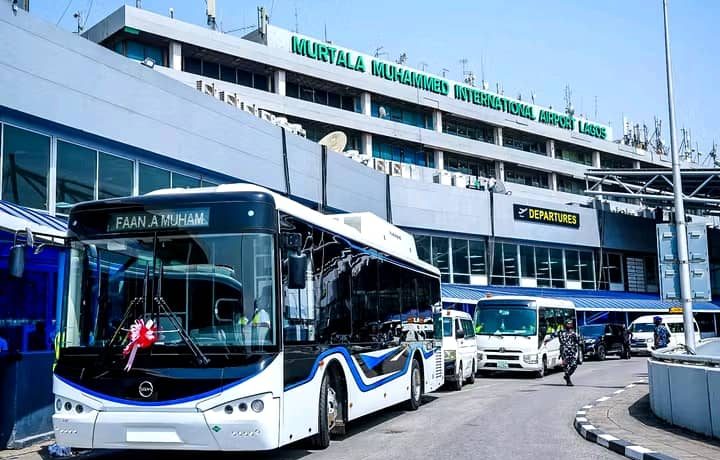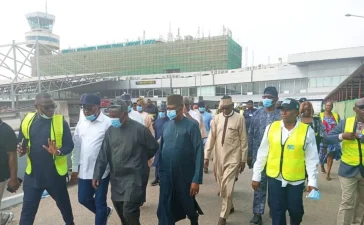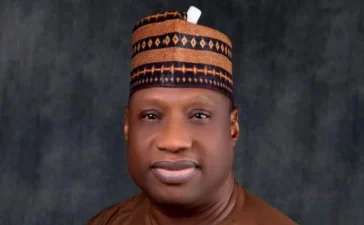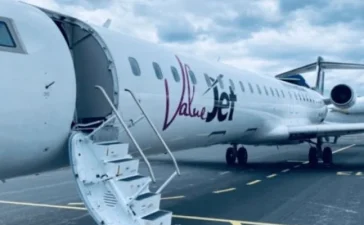Group Captain John Ojikutu (rtd), a respected aviation security expert and former military commandant of the Lagos Airport, has raised alarm over what he described as serious security lapses and structural flaws in Nigeria’s airport security system.
Speaking at a recent aviation security forum in Lagos, Ojikutu criticized the fragmented and uncoordinated security structure at Nigerian airports, warning that the current approach leaves the country vulnerable to threats that could be prevented with strategic realignment and reform.
“The problems are not insolvable. They can be solved if we do the right thing, with the right people, at the right time,” he stated. “It’s about compliance with international regulations, national frameworks, and properly approved operator security programs.”
He noted that multiple government agencies—including customs, immigration, police, and the NDLEA—operate independently within the airport environment, resulting in overlapping duties, poor communication, and even conflict.
He cited a past incident where a fatal shooting occurred between two security personnel during an altercation over extortion.
Ojikutu drew comparisons to the post-9/11 U.S. aviation reforms, where the Transportation Security Administration (TSA) was created to consolidate and streamline airport security functions under a single unified command.
“Security is not about how many guns you have. It’s about intelligence, profiling, and coordination,” he emphasized.
The retired officer also questioned the existence and functionality of Nigeria’s National Aviation Security Committee, which is mandated by ICAO Annex 17.
He stressed that without an active committee overseeing national aviation security policy, compliance gaps and security vulnerabilities will persist.
Ojikutu strongly opposed the decision to designate the Federal Airports Authority of Nigeria (FAAN)—a commercial service provider—as the coordinator of government security agencies at airports.
He argued that FAAN AVSEC personnel are often outnumbered and lack the authority to enforce cohesive security measures across all agencies.
“You cannot have the same people writing and approving security programs. It’s a fundamental flaw.”
He also highlighted Nigeria’s lack of robust passenger screening systems, access control, and onboard security protocols, noting that very few Nigerian airlines maintain effective in-flight security, which has led to frequent incidents of unruly passengers.
According to Ojikutu, true aviation security must begin outside the airport, relying on intelligence gathering, national watchlists, and no-fly databases maintained by relevant agencies.
He called for an urgent and comprehensive review of the entire aviation security structure in Nigeria, urging authorities to align operations with global best practices and ICAO standards to ensure safe and secure air travel.







